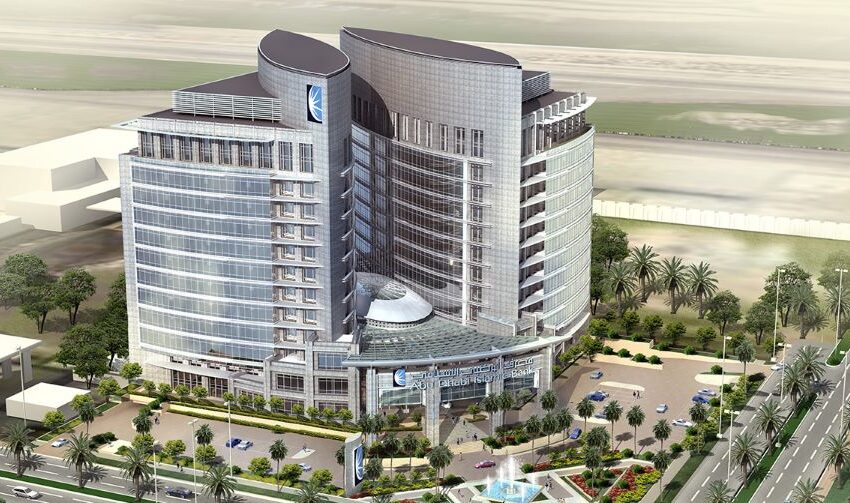
ADIB Is Safest Islamic Bank in GCC Region
The UAE’s Abu Dhabi Islamic Bank (ADIB) has been ranked the safest among the top 10 Islamic banks in the Gulf Cooperation Council (GCC) countries as they continue to expand their reach taking Shariah-compliant transactions in new industries and establishing new strategic partnerships this year, according to Global Finance magazine.
The magazine, which released a report on the list of top 10 safest Islamic banks in the GCC region, on October 31 said that aggressive approach has already paid off in years of double-digit growth, and the outlook remains favourable.
The report said that Moody’s forecasts strong profitability over the next 12-18 months based on solid economic growth in GCC countries, robust commercial activity, and government initiatives that give Islamic finance a bigger role in diversifying the region’s economies.
Part of this growth will come from financing new asset classes. As Islamic banks are required to back every transaction with a tangible asset, real estate has been a large component; but the sector is broadening its reach to include telecommunications and airline assets and sustainability projects.
Fuelling this expansion is strong issuance of Shariah-compliant sukuk bonds, Moody’s said and added that y-o-y issuance of sukuk in the GCC states rose 138% to $69 billion as of June, with Saudi Arabia accounting for 37% of total issuance and the Gulf’s Islamic banks look to build on this momentum through strategic partnerships.
The report said that with the recent launch of ADIB Ventures to drive fintech innovation on October 10, ADIB aims to accelerate its digital transformation, collaborating with technology firms to build its own fintech ecosystem.
The bank expects this will help it leverage artificial intelligence and other advanced technologies to identify and launch new Islamic banking solutions. In June, ADIB formed a strategic collaboration with DIFC Innovation Hub, the largest financial technology accelerator in the Middle East, which works with clients in Africa and South Asia as well, the report noted.
Coming to the safest Islamic banks, they once again revealed some notable changes. In March, Fitch upgraded Qatar’s sovereign debt rating, then subsequently boosted the ratings of three Qatari-based banks.
Partly on the strength of these upgrades, Qatar Islamic Bank was ranked second in the list from fifth place and Dukhan Bank advanced two spots to sixth rank while Qatar International Islamic Bank gained two places and was ranked seventh among the top 10 banks.
Ahli United Bank, which was acquired by Kuwait Finance House, creating the second-largest Islamic bank behind Saudi Arabia’s Al Rajhi, made way for Warba bank which was ranked 10th in the list, the report said.
Islamic Finance
Islamic finance is a way of doing financial transactions and banking while respecting Islamic law or sharia. Islamic finance hardly existed 30 years ago yet today is a $3.96 trillion industry with over 1,650 specialised institutions located all around the world.
Islamic banks are by far the biggest players in the Islamic finance industry and account for $2.7 trillion or 70% of total assets. According to the 2023 State of Global Islamic Economy report, total sharia-compliant assets are expected to grow to $5.95 trillion by 2026.
However, Islamic finance only represents about 1% of global financial assets but with a compound annual growth rate of 9%, it is expanding quicker than conventional finance. In some geographies like the GCC region or Sub-Saharan Africa, Islamic banks are now competing directly with Western banks to attract Muslim clients, the magazine said.















